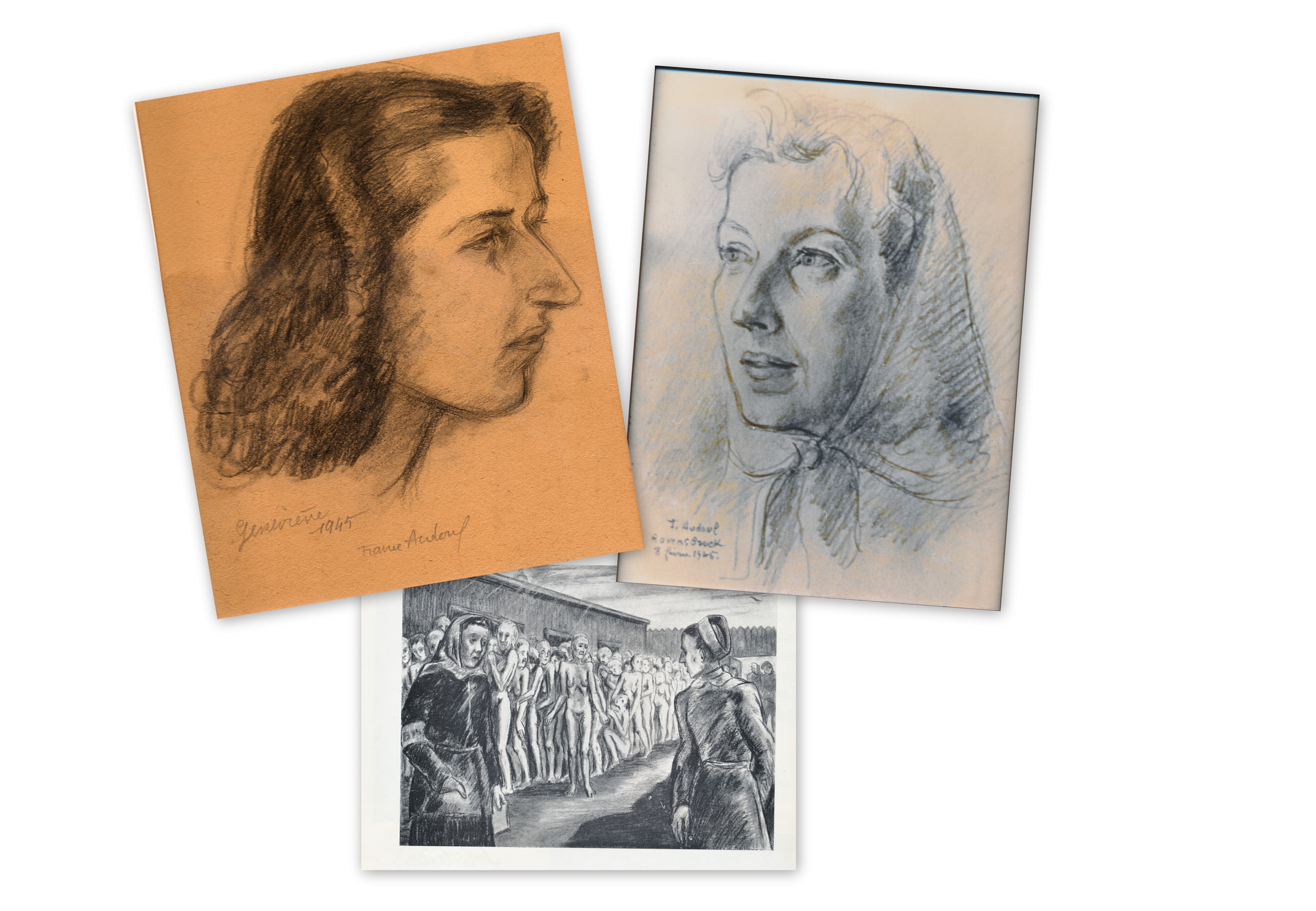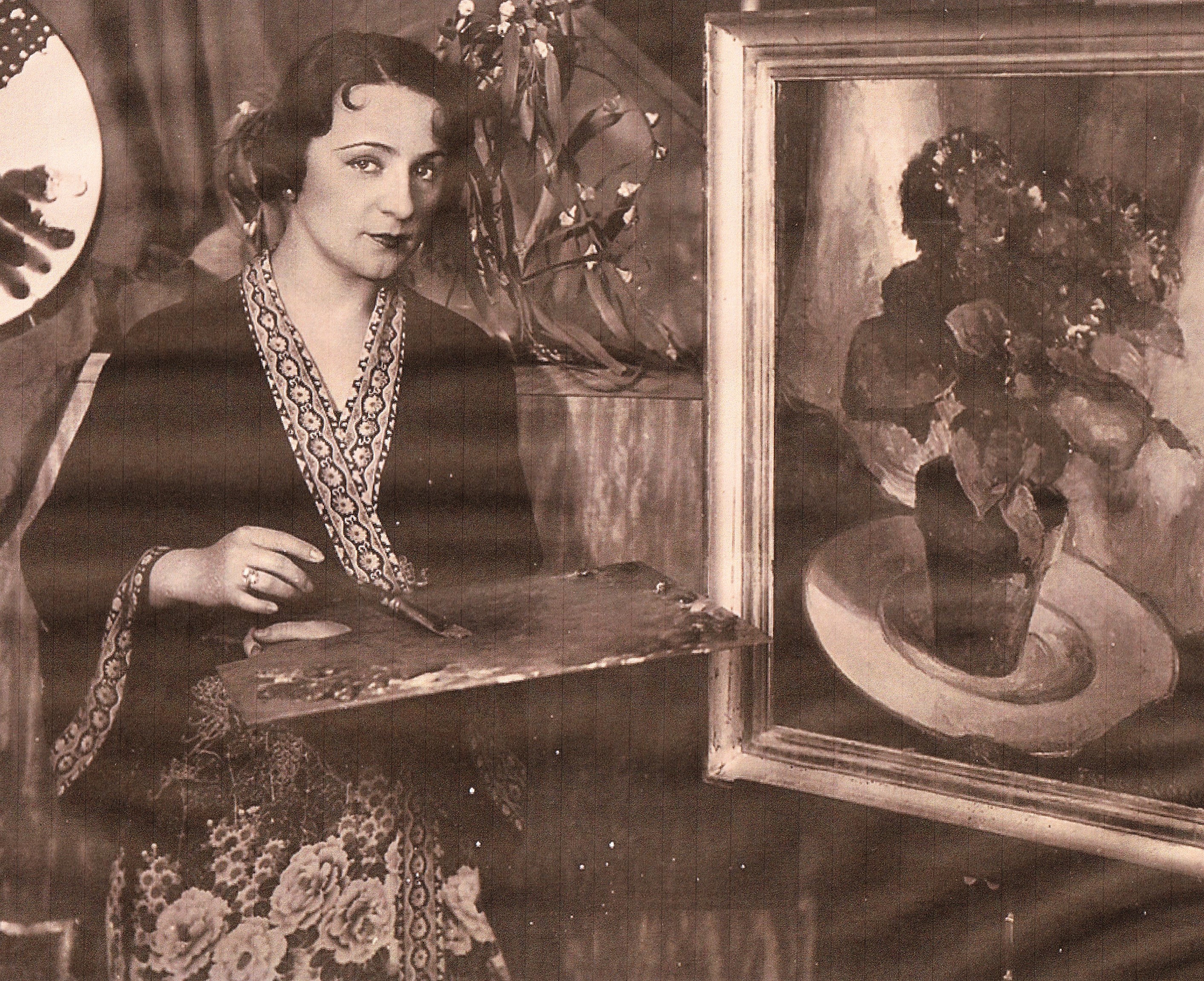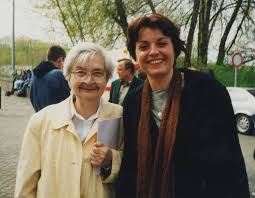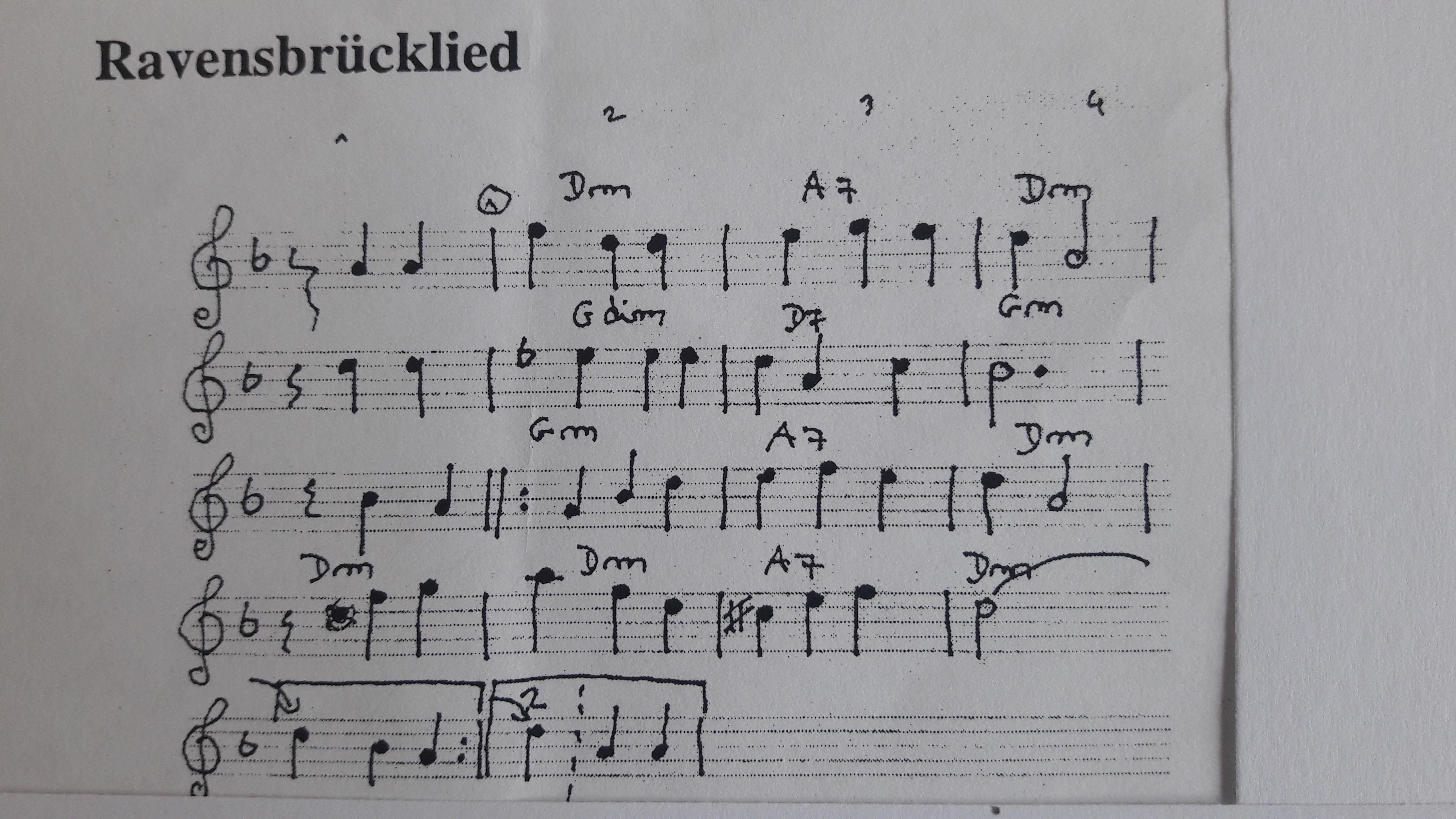Art in Ravensbrück - an expression of the will to survive
A chance to survive were creative activities, music, religious or political debates and instructions, handicrafts, hand-made gifts and greetings cards. Everything had to be kept secret, always under threat of being discovered by the SS. There is a lot that took place, and there are tiny testimonials of the skills involved. Miniature books, drawings, figures of animals or a crucifix were saved and are carefully looked after to be shown in exhibitions of the Ravensbrück Memorial.
There are reports on the place and time for such a world of intellectual-creative resistance. The cramped conditions of quarantine provided the women with opportunities to learn without learning aids, to sing without songbooks, to train their memory or to meet new people. Over many decades, survivors of Ravensbrück from different nationalities have vividly spoken of how such and similar activities had fed their hope to be able to survive.
(Sigrid Jacobeit: Concentration camp Ravensbrück 1939-1945)
Wellknown is the Ravensbrück-Song in diferent languages:
Niet ver van Berlijn, van de hoofdstad, een stuk land, door water omringd, :/ daar leven we achter de muur, daar is het kamp Ravensbrück. /:
tweehonderddertig houten barakken, bunker, keuken, fabriek en ziekenbarak, :/ en de meisjes, zij lopen zonder jas, en het is nog maar maart en het vriest. /:
wij worden gewekt, lang voordat het licht is, warm water, dat is ons ontbijt, :/ dan naar buiten op appel, in de kou, dan volgt weer een werkdag. /:
als de snijdende kou ons doet snikken, omdat we weinig kleding aanhebben, :/ dan zijn we ons ervan bewust dat de wereld vol vuur is en strijd, /:
dat nu broers en zusters huilen, vader, moeder en liefste thuis, de strijd aan het front is heftig, en onze pijn nadert het einde. /:
dus, hoofd opgegeven, blijf sterk, kameradinnen, zing stoutmoedig, houd stand tot mei, :/ misschien nog twee, drie kwellingen verdragen en de nachtegaal vliegt al hierheen. /:
jullie zullen de poort naar de vrijheid openen, de jurk met strepen afnemen, :/ en de verwonde harten zullen geheeld worden, en getroost en het verdriet gestild. /:
zorg dat je weer moed krijgt, Russische (Nederlandse) vrouwen, denk eraan dat jullie Russinnen (Nederlandse) zijn, :/ houd je voor dat we spoedig een vernieuwd Rusland (Nederland) zullen zien. /:
Niederländisch: Joke van Dijk-Bording
No lejos de Berlín, de la capital,
un trozo de tierra rodeado de agua,
:/ allí, nosotras vivimos detrás de la muralla,
allí, se ubica, el Campo de Cocentración Rabensbrück. /:
Son de madera 32 barracas, bunker, cocina, betrieb y revier. :/ Y las niñas, ellas andan sin abrigo, aun es Marzo, el frío cala los huesos. /:
Ellos nos despiertan antes del amanecer, agua caliente, ese es nuestro alimento, :/ después a la fila, en el frío, después a trabajar. /:
El crudo frío nos hace sollozar Sólo nos cubre un vestido :/ Luego dice nuestra conciencia que el mundo es fuego y lucha, /:
ahora lloran hermanos y hermanas, padres, madres, los seres queridos en el hogar, :/ la lucha en el frente es violenta y el fin de nuestras penas se acerca /:
Entonces, levanten la frente, fuerza compañeras, canten con valor, resistan hasta Mayo :/ Solamente soporten dos o tres torturas y el vuelo del Ruiseñor vendra en nuestra dirección. /:
El nos abrirá la puerta de la libertad, se llevará el vestido a rayas :/ y sanara las heridas del corazón, traera consuelo y apagara el dolor /:
¡Llenen de corage el corazón, mujeres rusas (españolas/castellanas)! Piensen en eso ¡vosotras sois rusas(españolas/castellanas)! :/ Tengan presente, pronto, nuestros ojos veran nuestra tierra recuperada /:
Germaine Tillion, 30.05.1907 Allègre – 19.04.2008 Saint-Mandé
Zofia Pociłowska-Kann, Poland, 03.03.1920 Charkow – 08.05.2019 Warschau
Edith Kiss / Hungary (21.11.1905 Budapest - 26.10.1966 Paris)
Felicie Mertens / Belgian (20.12.1911)
Nina Jirsikova / Tschechien (1910 - 1979)
Maria Hiszpańska-Neumann / Poland (28.10.1917)
France Audoul / France (1894 - 1977)

France Audoul née Martinon (9/13/1894 in Lyon– 9/15/1977 in Paris), full name: Francine Jeanne Étiennette Audoul, like Helen Ernst, Felice Mertens, Aat Breur, Edith Kiss and many others, France Audoul is one of the artists who today are known worldwide for their pictures from Ravensbrück. She came from Lyon and worked in Paris in several art workshops and at times ran her own studio. As a member of the Resistance, she was deported to Ravensbrück, where she made 32 sketches with portraits and scenes from camp life. After 1945 she resumed painting and participated in numerous exhibitions. In 1966 the Ravensbrücker drawings were published in an album - 150,000 Women in Hell. The originals of the drawings have been locked since then. Today the family only owns the drawing by Genevieve de Gaulle.

Violette Rougier-Lecoq / France (14.06.1912 – 2003)
Helen Ernst / Germany (10.03.1904 - 26.03.1948)
Fighting Europe. 1939 - 1944

Aat Breur-Hibma / Niederlande (28.12.1913 Den Haag - 31.12.2002)
Ravensbrück-Song
